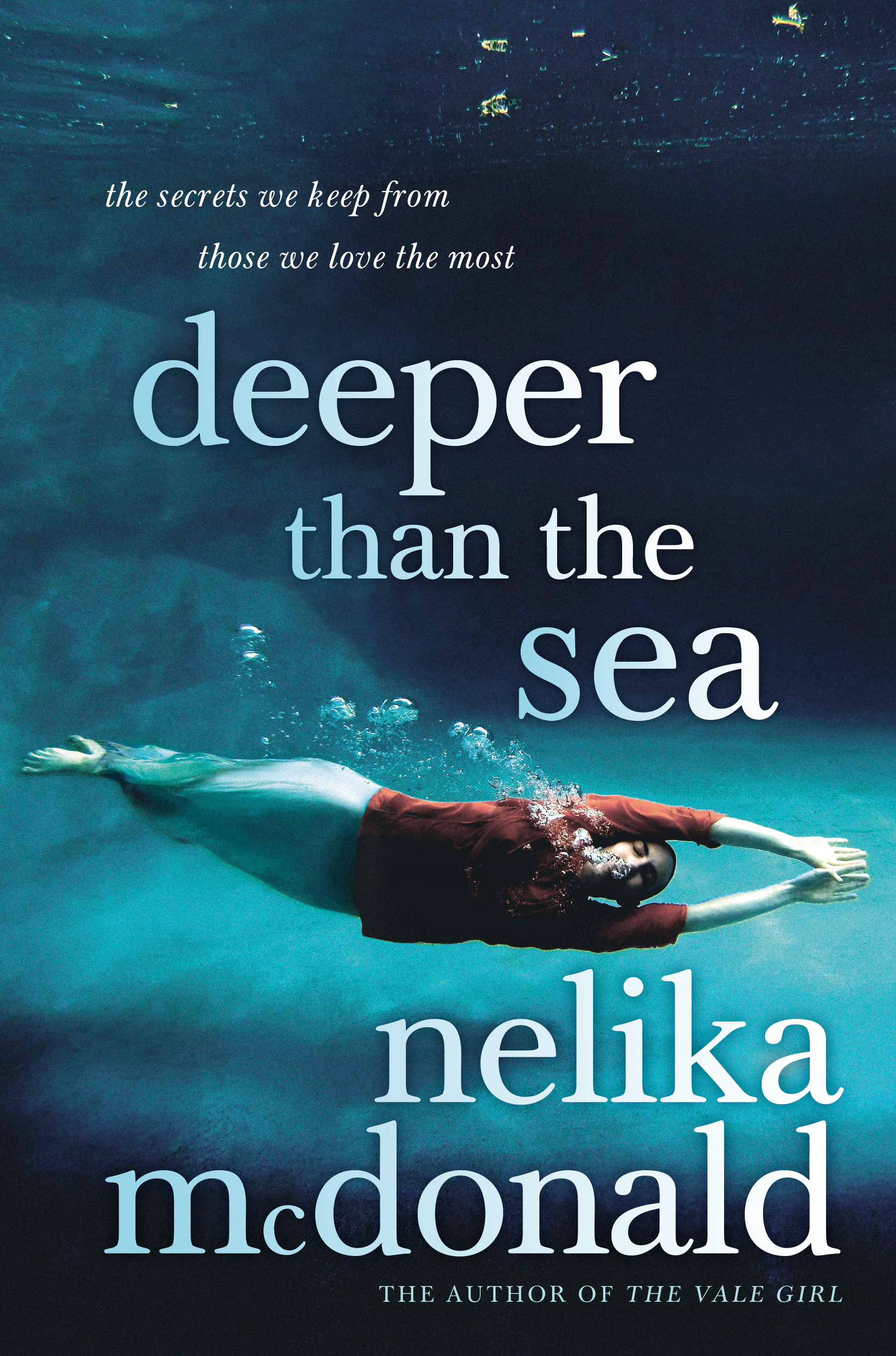Author: Nelika Mcdonald
Publisher: Pan Macmillan
Copyright Year: 2017
Synopsis
Beth had known there were secrets folded inside Theo. But she didn’t know they were secrets about her.
It’s always been just Beth and her mother Theo. Until Beth is sixteen years old, and a stranger arrives in their small coastal town – a stranger with a claim that rips apart all Beth knows.
And what do you do when everything you thought you knew about yourself is based on a lie?
In a deeply affecting story that challenges our notions of maternal love, Nelika McDonald examines the myriad ways that love is forged and tempered over years and how fiercely it is defended.
Reviewer: Kate Jenkins
Deeper than the Sea is Nelika McDonald’s second book, and it is a continuation of the author’s exploration of family relationships, and the moral complexities that arise when secrets hidden in the past are suddenly laid bare. (Her first book is The Vale Girl).
In a small coastal town in Victoria, Theo has been living with her daughter Beth for sixteen years, no questions asked. But the book opens with the suicide of a stranger, and it is no coincidence that as Theo witnesses this disturbing situation, Beth’s birth mother, Alice, appears determined to take back her daughter. The physical end to a life parallels the end of Theo’s sixteen years of pretense and hiding.
McDonald maintains tight control over the plot and characterization, and creates a claustrophobic atmosphere in keeping with the title Deeper than the Sea. While we can empathise with Theo, and understand the intensity of her love for Beth, we are also allowed to see that it is too much, too single- minded. As Beth says early on in the book, ‘It was too much power, being the difference between alone or not.’
The point of view alternates between Theo and Beth, and between the present and flashbacks to Theo’s life in England, including the dependent relationship she has with her ex-partner Oliver. We gradually make up our own minds about her action in ‘stealing’ Beth, and it is a great strength of McDonald’s writing that the situation is skillfully developed with sufficient complexity for us to understand Theo’s psychological and emotional motivations for taking Beth, without necessarily accepting it as excusable.
Though far from being a standard crime novel, until the very end it is unclear what the fall out will be from Theo’s actions, and the plotting is tightly controlled to entice us to keep reading.
It is a measure of success of the work that what remains after reading the book are questions that are raised, subsidiary to the main plot, but a result of the carefully developed characterization of Theo and her relationship with Beth. Questions such as ‘How should one act to avoid being a passive victim?’ And ‘What is the morality of using another person to fulfill one’s own life?’
But there is no question where the book stands on the value placed on the love between a mother and a child.
